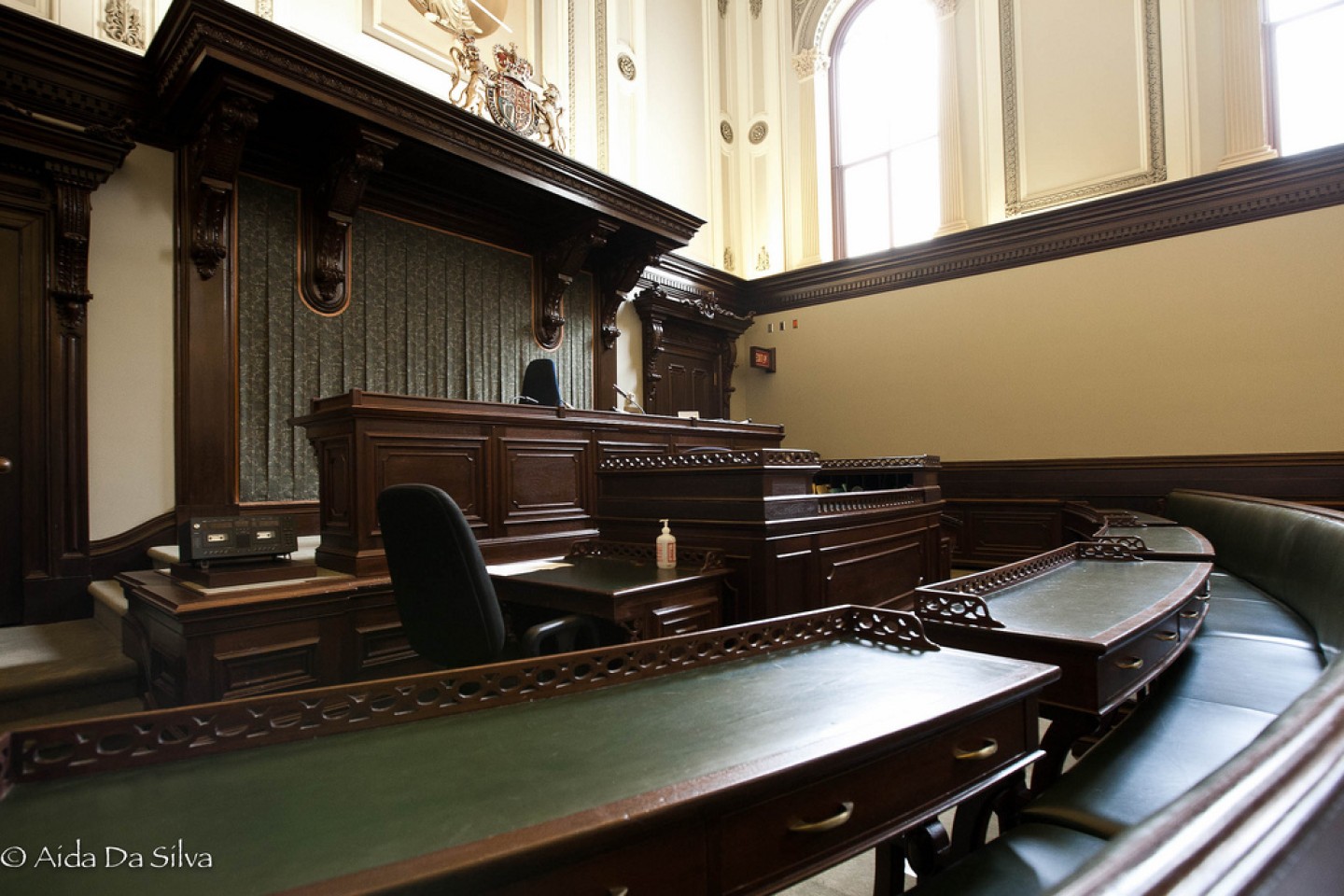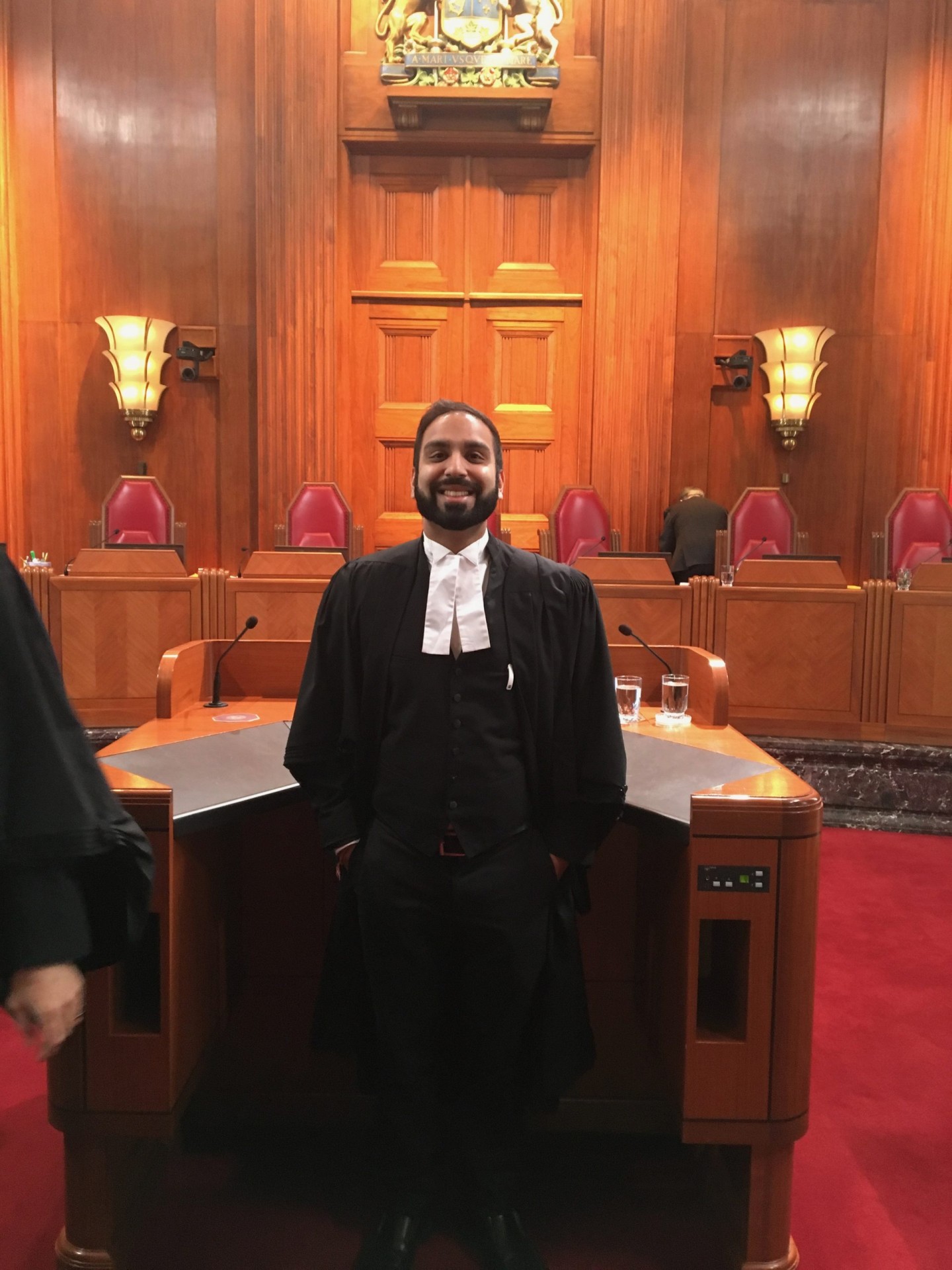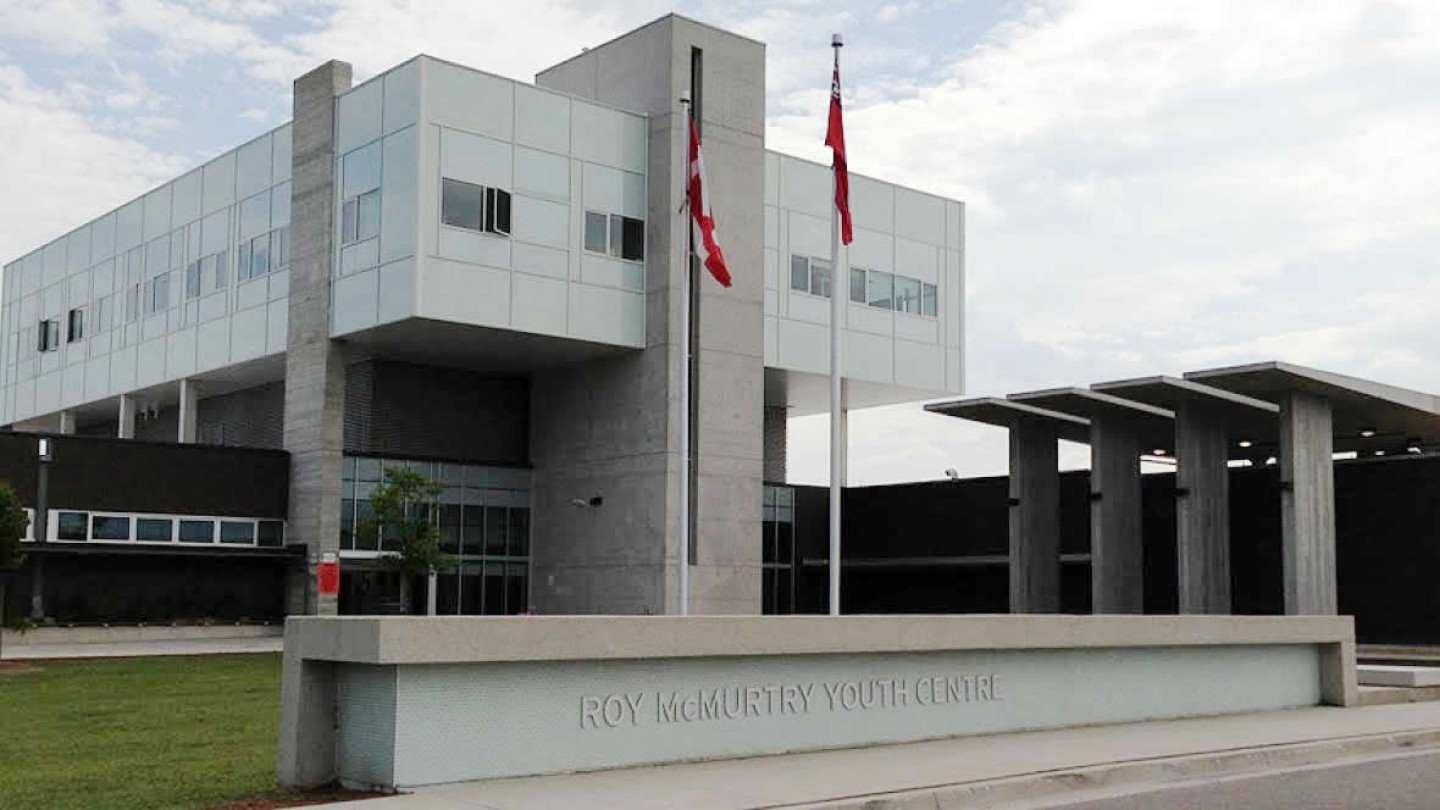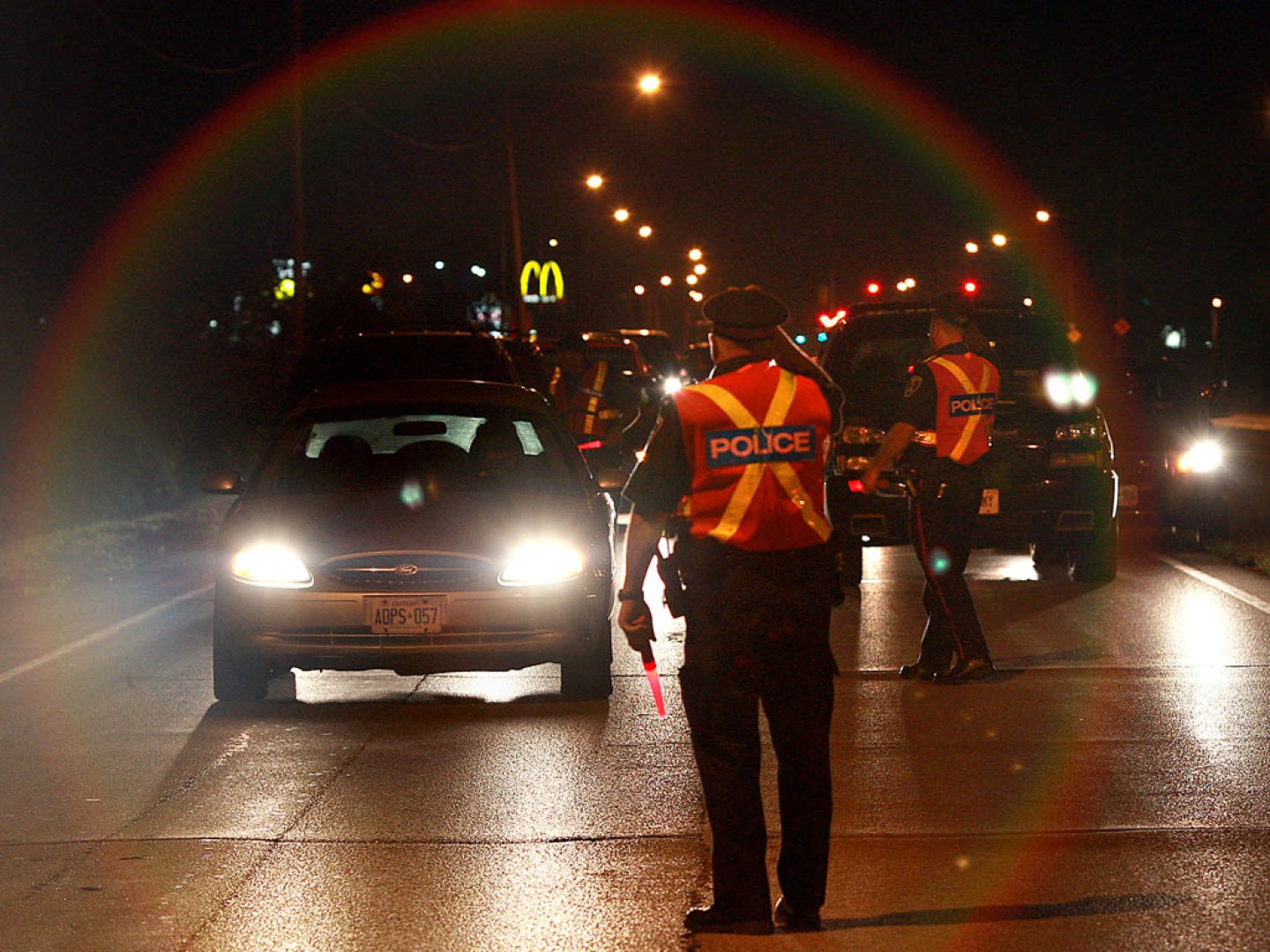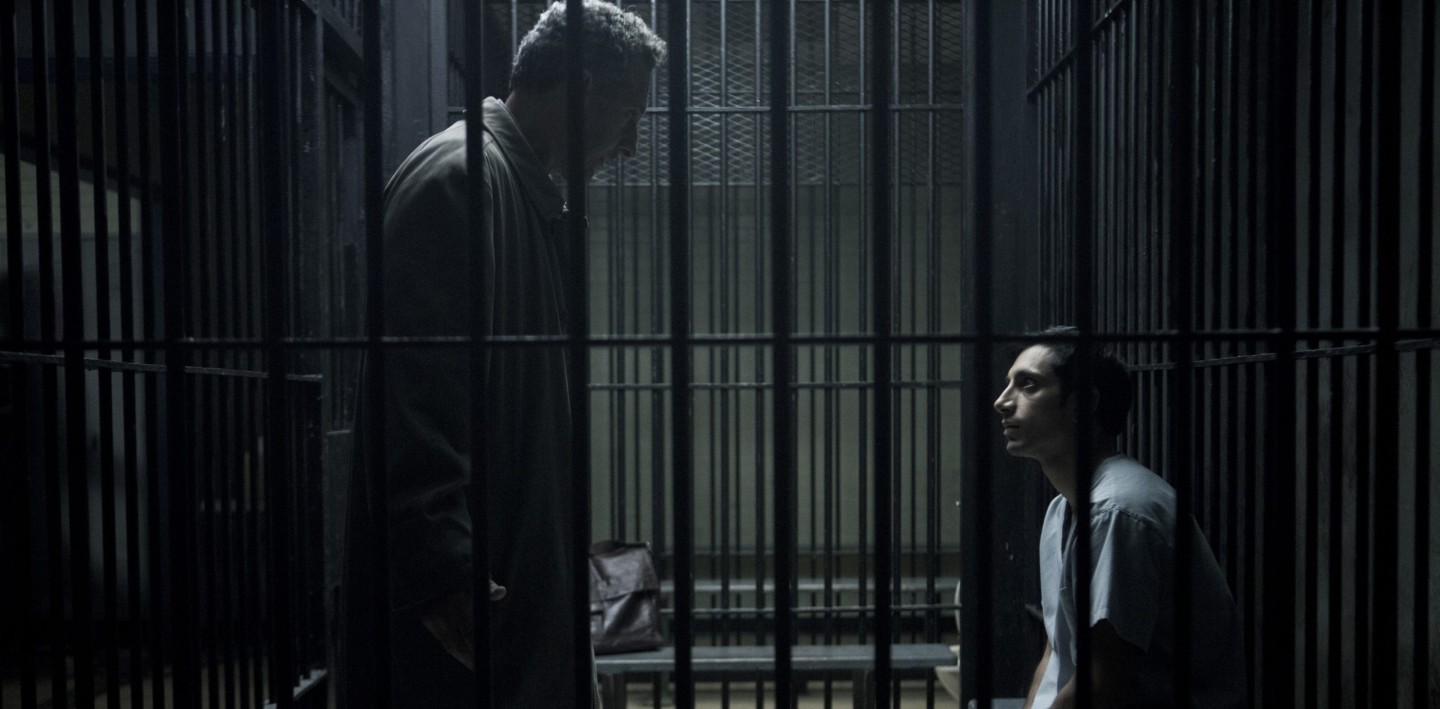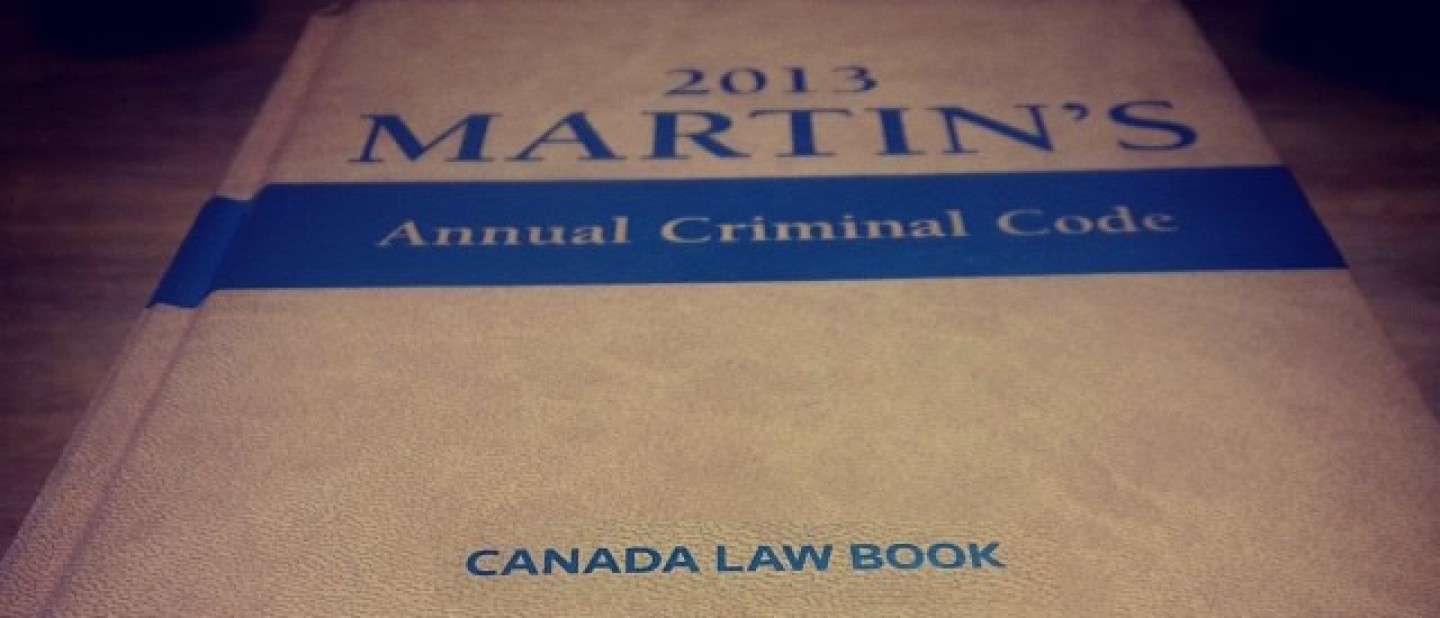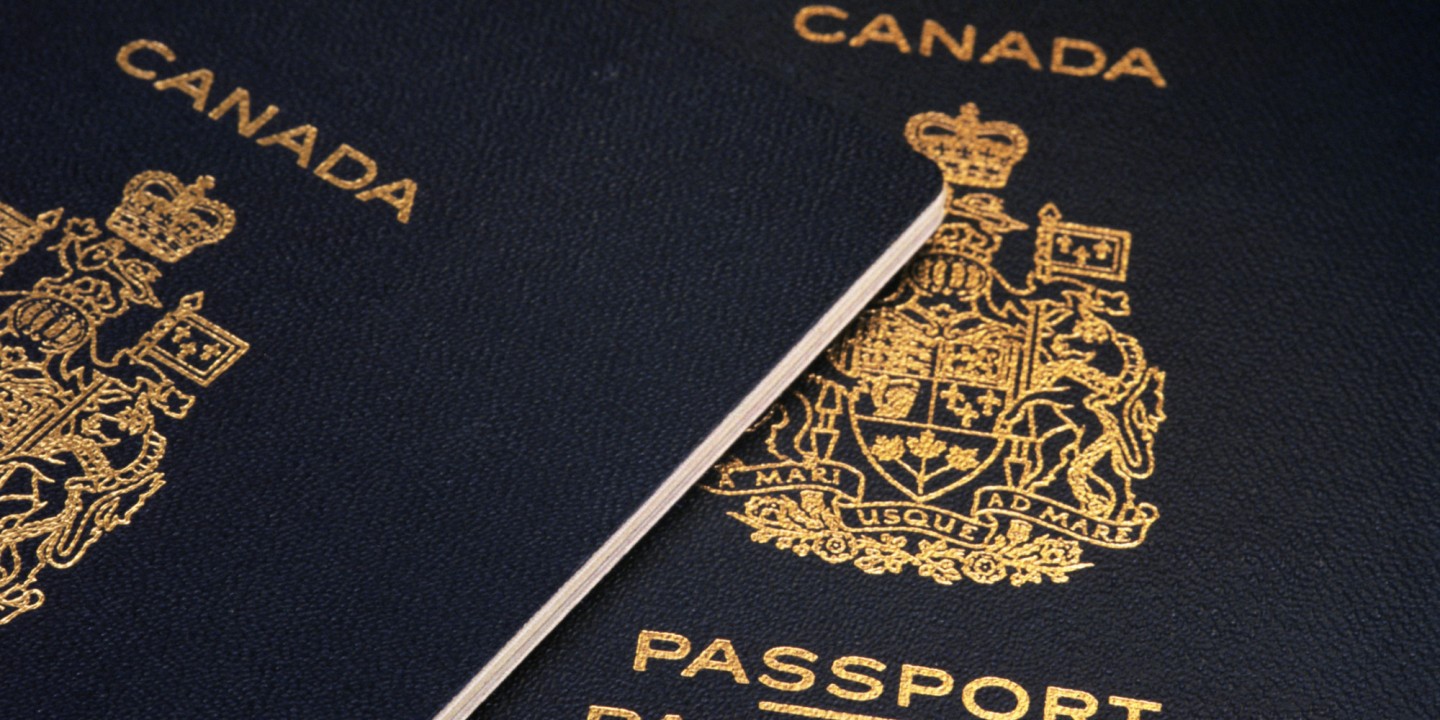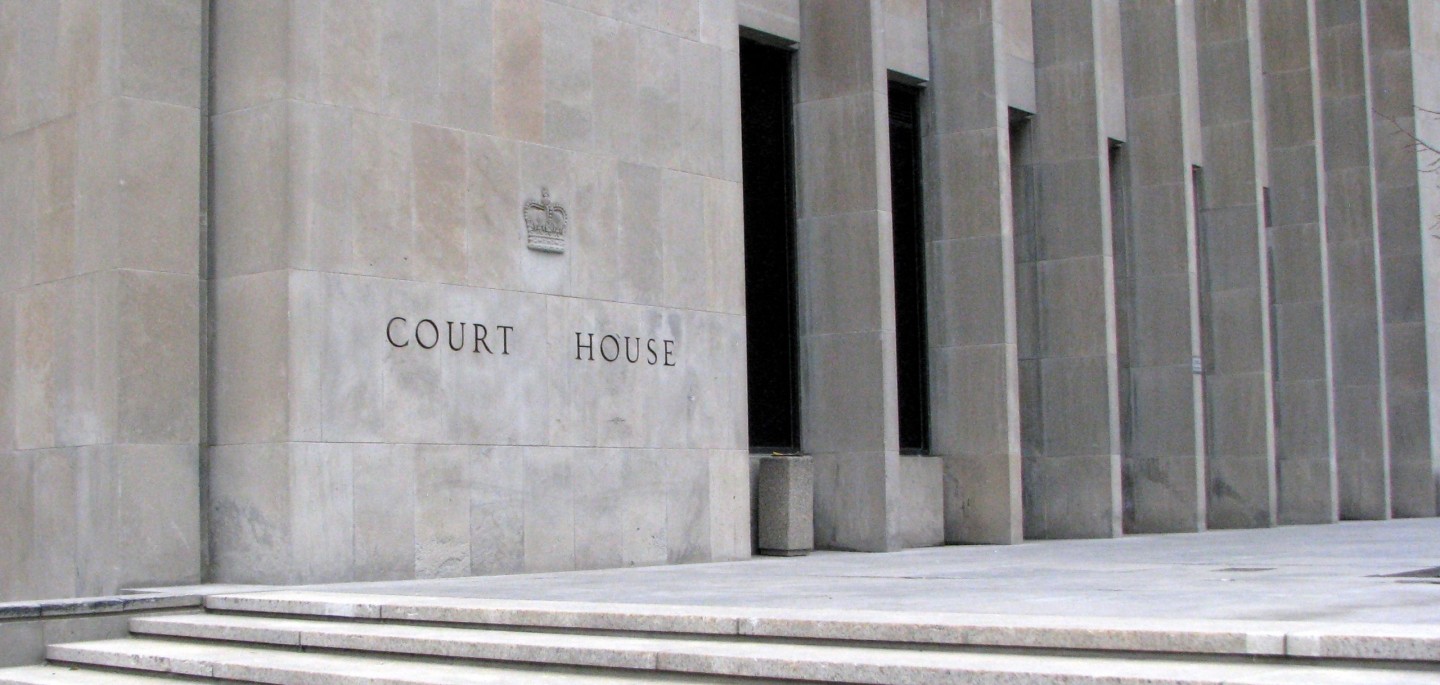I am happy to announce that the Attorney General of Ontario has appointed me to the Ontario Parole Board. As described on the Parole Board’s website:
The Ontario Parole Board (OPB) promotes public safety by deciding on the return of offenders to the community through supervised conditional release. As an independent quasi-judicial administrative tribunal, the OPB has the sole authority in Ontario to:
- grant parole
- deny parole
- cancel parole before release
- revoke parole
Public safety is the guiding principle underlying all conditional release decision-making, and the OPB is also committed to the rights of victims and the fair and individualized risk assessment of each offender.
I am excited to start this new opportunity. I will serve on the Parole Board on a part-time basis and continue to practice as a criminal defence lawyer full-time.
